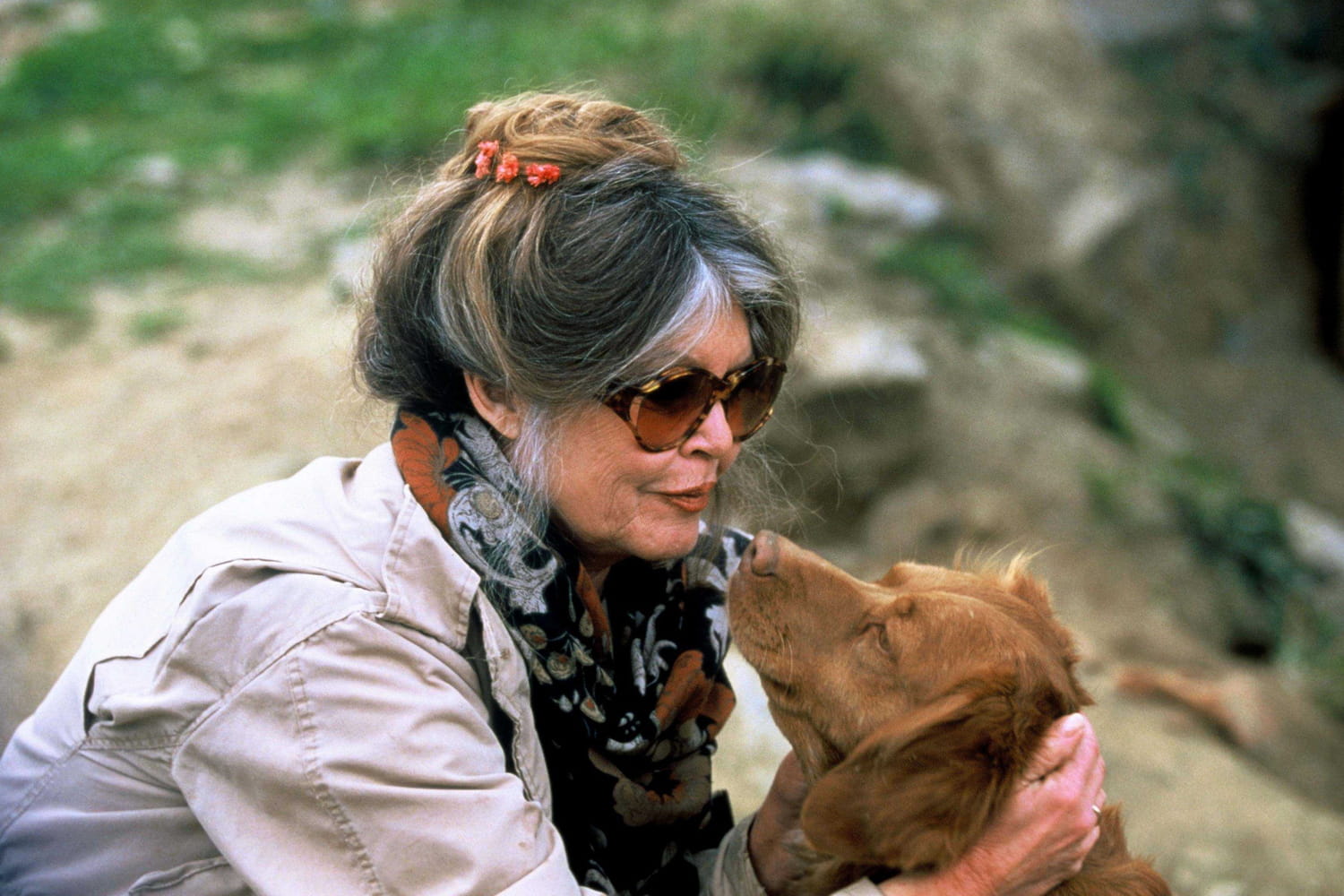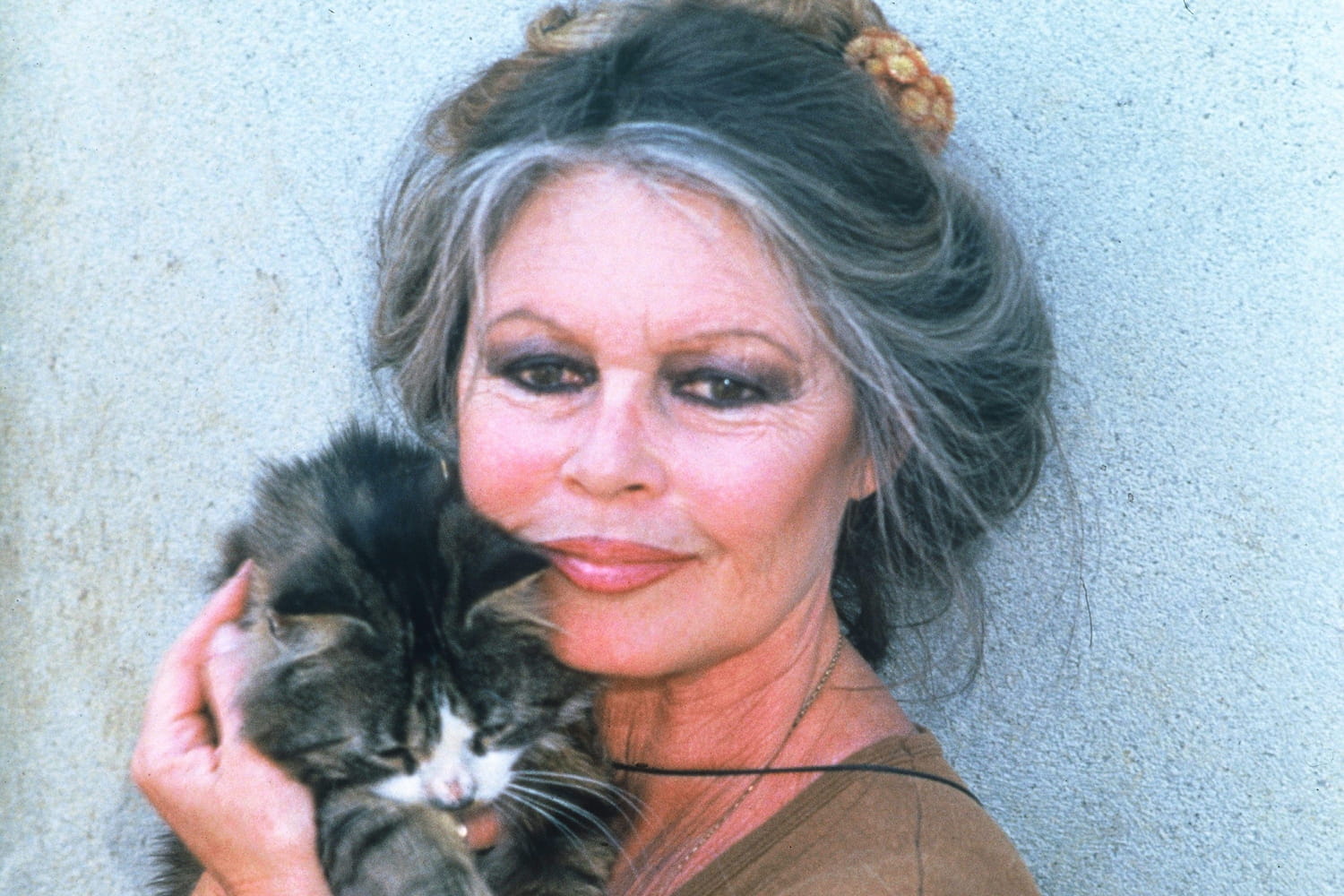One study found that a specific element of one’s educational background directly influenced one’s chances of getting married. And the effect is felt until the age of fifty.
We often think that love and studies follow separate paths – but a large study shows that a simple academic choice can weigh on life as a couple, decades later. Two researchers, John V. Winters and Kunwon Ahn, dove into data from more than eight million Americans collected between 2006 and 2019. They discovered that the links between education and marriage are indeed more complex than they seem. First, their research shows, for example, that more educated people marry less often in their 20s and 30s, and that this trend does not completely disappear with age. They are also more inclined to marry a spouse with a higher education degree when they get married, and their relationship is then less exposed to separations, divorces or the loss of their spouse.
This double observation is intriguing: on the one hand, fewer marriages; on the other, unions that last longer. The authors put forward several explanations. Education broadens professional horizons, strengthens financial independence, changes expectations from a partner. On closer inspection, the effect varies according to life stages. Among 25-34 year olds, the figures show a clear decline in the probability of being married. Between ages 45 and 54, the gap narrows, but the proportion of people who have never been married remains higher among those who have had a longer educational career. This tendency to remain single for a long time is therefore not a simple time gap. Simply, the longer you stay in school, the less likely you are to get married, according to the data collected.
Very concretely, according to their calculations, each additional year reduces, on average, by four percentage points the chances of getting married between the ages of 25 and 34. Accumulated over a long period, the effect becomes massive and remains visible well after the age of 40.
Another notable point: education also influences motherhood and fatherhood. In their 20s and 30s, birth rates are lower among graduates. The study also underlines that these developments do not necessarily reflect a lack of interest in the couple or family life. They can just as easily reflect different priorities, or the feeling of being able to live fully without going through marriage.










